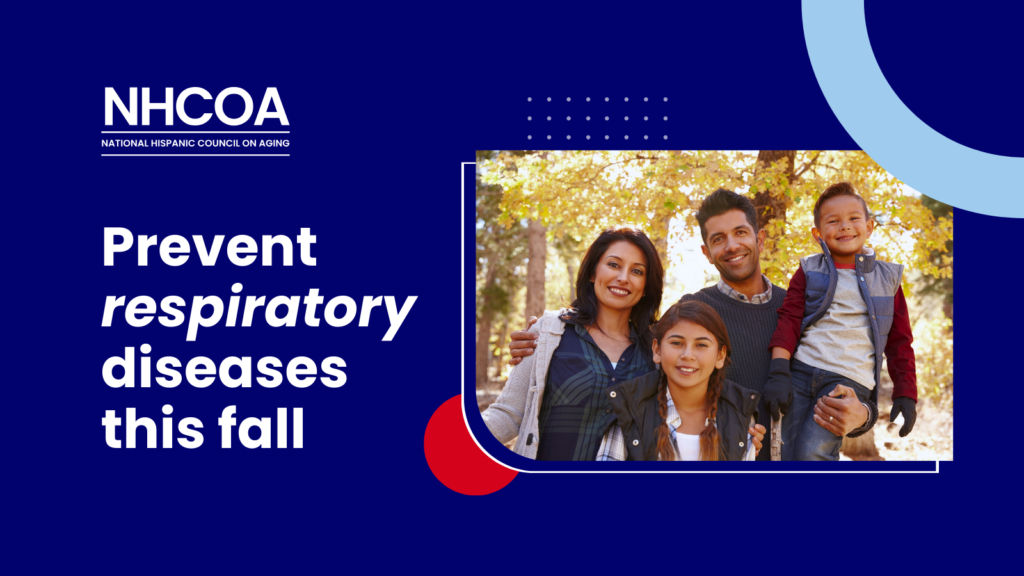
Seasonal changes bring with them consequences for our health. This fall it is common for respiratory illnesses such as COVID-19, influenza, and respiratory syncytial virus (RSV) to increase among the population. In these cases, it is important to be aware of how to prevent these viruses and to know if they are spreading more in your community or if you are more likely to become seriously ill from the viruses. First of all, we must understand the definition of these diseases and how to recognize them.
COVID-19
The COVID-19 virus can be very contagious and spreads quickly. Most people with COVID-19 have mild symptoms, but some people become very ill.Influenza
Influenza is a contagious respiratory illness caused by influenza viruses that infect the nose, throat, and sometimes the lungs.RSV
Respiratory Syncytial Virus (RSV) usually causes mild cold-like symptoms. Most people recover in one to two weeks, but RSV can be serious, especially in infants and older adults.
While it is true that anyone can get a respiratory virus infection, understanding the risk factors and prevention tools can help us recognize that some people are at higher risk for serious illness and act accordingly to prevent complications and better care for at-risk populations in our community and our loved ones.
The best recommendation you can consider is vaccination. Vaccinations are the safest way to develop immunity against a virus. Vaccines help the body learn how to defend itself against disease without the dangers of infection. The immunity you get from vaccination can reduce your risk of infection and of becoming seriously ill if you become infected.
The Centers for Disease Control and Prevention (CDC) recommends that everyone 6 months and older stay up-to-date on COVID-19 vaccines and get the seasonal flu vaccine. If you are 60 years of age or older, talk to your healthcare provider to see if the RSV vaccine is right for you. CDC also recommends nirsevimab, a monoclonal antibody product, for all infants younger than 8 months who are born during their first RSV season, as well as for some older infants.
For more information on vaccination this fall-winter 2023-2024, the CDC presents an overview of immunization recommendations for respiratory illnesses. The recommendations are developed based on the best available science after review by the Advisory Committee on Immunization Practices (ACIP) and the CDC Director. Recommendations may vary depending on age, pregnancy status, or medical conditions. You will find the recommendations below, along with information on how individuals can receive the recommended vaccines: Immunization Overview for Fall and Winter 2023-2024.
Among other recommendations, hand washing becomes imperative in the prevention of respiratory illnesses, as soaps kill most germs. Also, cleaning surfaces and objects of common use with soap or detergent.
Experts also recommend air quality improvement practices such as opening windows in closed places or using air filters that clean the passage of oxygen in the same space. In addition, the use of masks in closed and crowded spaces is beneficial in these cases to reduce the amount of virus to which one is exposed.
Testing can help determine which virus you may have and better determine what course of action to take for treatment and prevention. Testing for both COVID-19 is widely available free of charge to the community, as well as testing for influenza, RSV, and other respiratory viruses.
Ultimately, prescription antiviral treatments for COVID-19 and influenza are widely available and can reduce the risk of severe illness, hospitalization, and death if started soon after becoming infected. Treatment for RSV is supportive care, as there is no effective antiviral for RSV at this time.
References:
https://www.cdc.gov/respiratory-viruses/index.html
https://www.cdc.gov/respiratory-viruses/whats-new/immunization-overview-2023-2024.html

Recent Comments